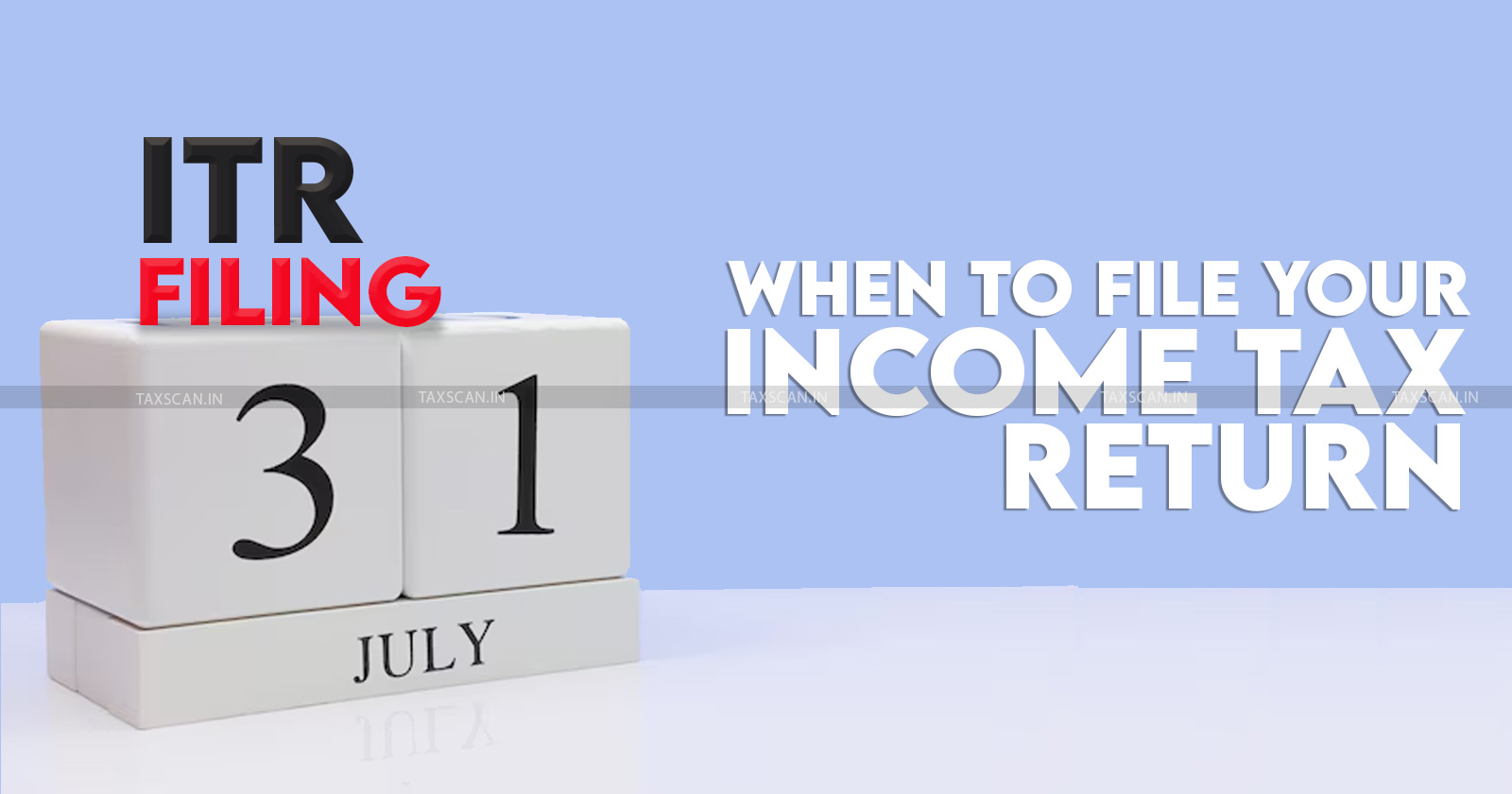Net Investment Income Tax (NIIT)
The net investment income tax, or NIIT, is an IRS tax related to the net investment income of certain individuals, estates and trusts. More specifically, this applies to the lesser of your net investment income or the amount by which your modified adjusted gross income (MAGI) surpasses the filing status-based thresholds the IRS imposes. The NIIT is set at 3.8% for 2024, as it was for 2023.
The net investment income tax, or NIIT, is an IRS tax related to the net investment income of certain individuals, estates and trusts. More specifically, this applies to the lesser of your net investment income or the amount by which your modified adjusted gross income (MAGI) surpasses the filing status-based thresholds the IRS imposes. The NIIT is set at 3.8% for 2024, as it was for 2023.
Who Pays the NII Tax?
Net investment income is subject to a 3.8% tax if you exceed certain income limits. The tax applies to individuals, estates, and trusts.
Individuals:
The NIIT applies to individuals with modified adjusted gross income (MAGI) exceeding the following thresholds:
$200,000 for single filers.
$250,000 for married couples filing jointly.
$125,000 for married couples filing separately.
$200,000 for heads of households.
Estates and Trusts:
The NIIT applies to estates and trusts with undistributed net investment income and adjusted gross income over a certain threshold, which is adjusted annually for inflation.
How to Calculate the NII Tax
Before you can calculate the NII tax, you must determine the income you earned from every one of your qualified investments. Be sure you account for and subtract any fees and related expenses, such as commissions and brokerage charges.
Scenario 1: You exceed the MAGI by $30,000. You owe the 3.8% tax but only on the $25,000 investment income because it is less than the amount that goes over the MAGI threshold.
Scenario 2: You exceed the MAGI by $10,000. You owe the 3.8% but only on the $10,000 because it is lower than your NII.
Reporting and Paying NIIT
IRS Form: Report NIIT on IRS Form 8960 (Net Investment Income Tax – Individuals, Estates, and Trusts).
Estimated Taxes: If you are subject to NIIT, you may need to adjust your estimated tax payments or withholding to cover the additional tax.














































